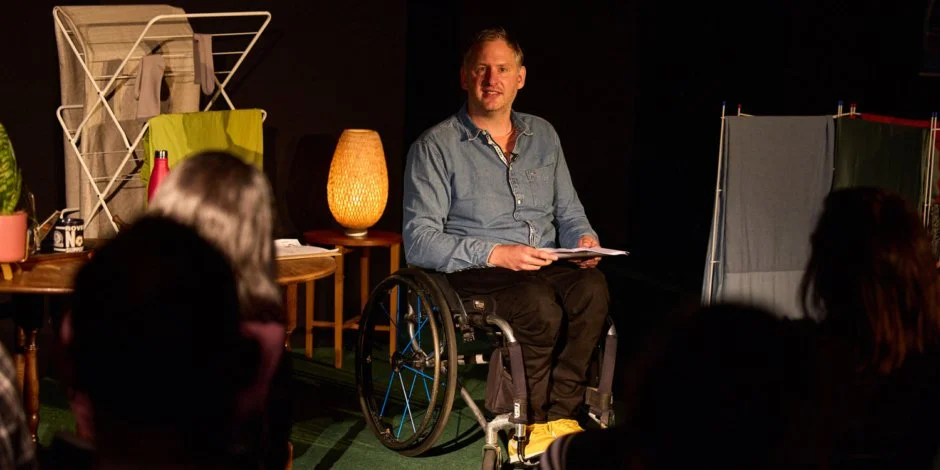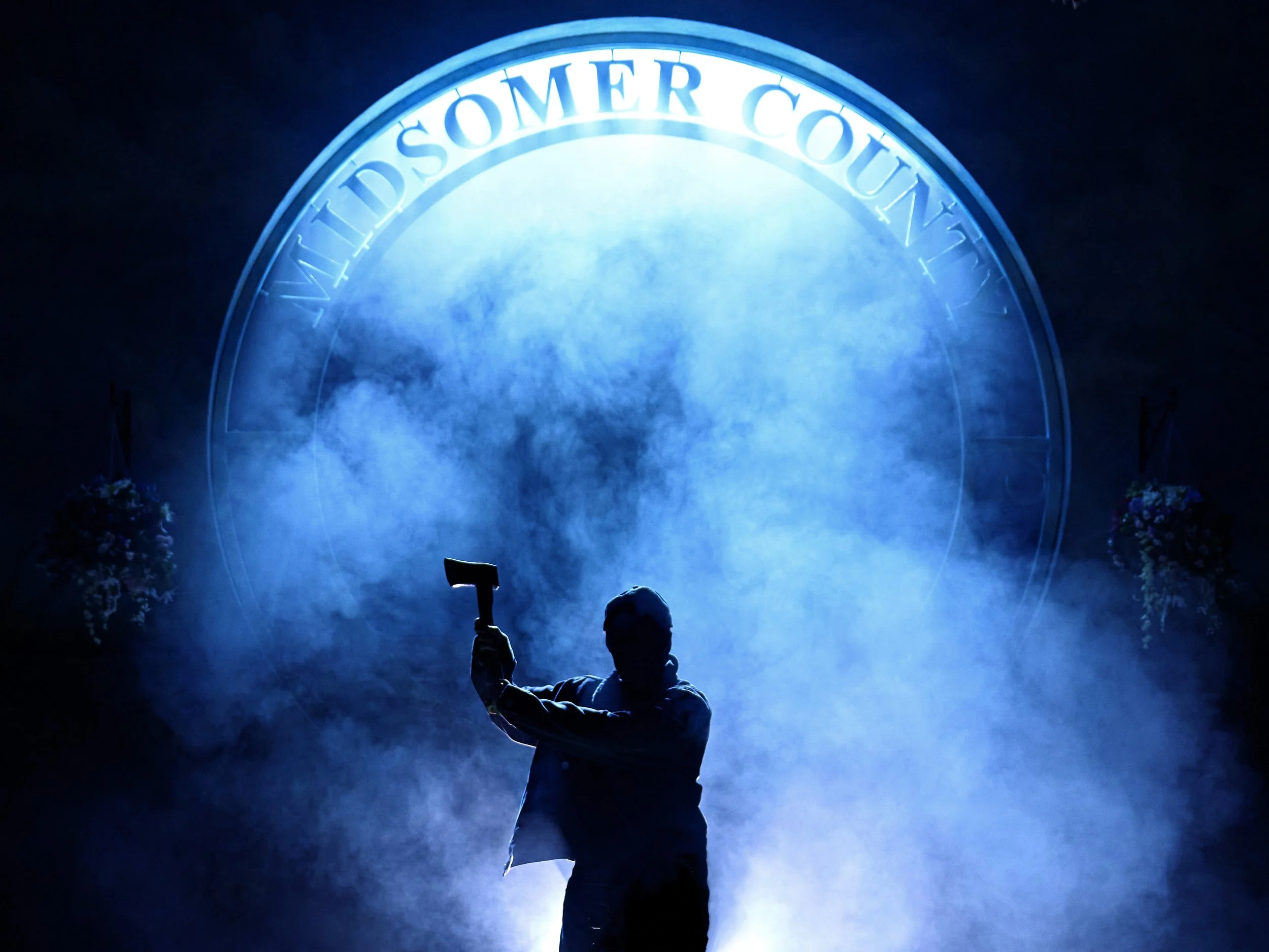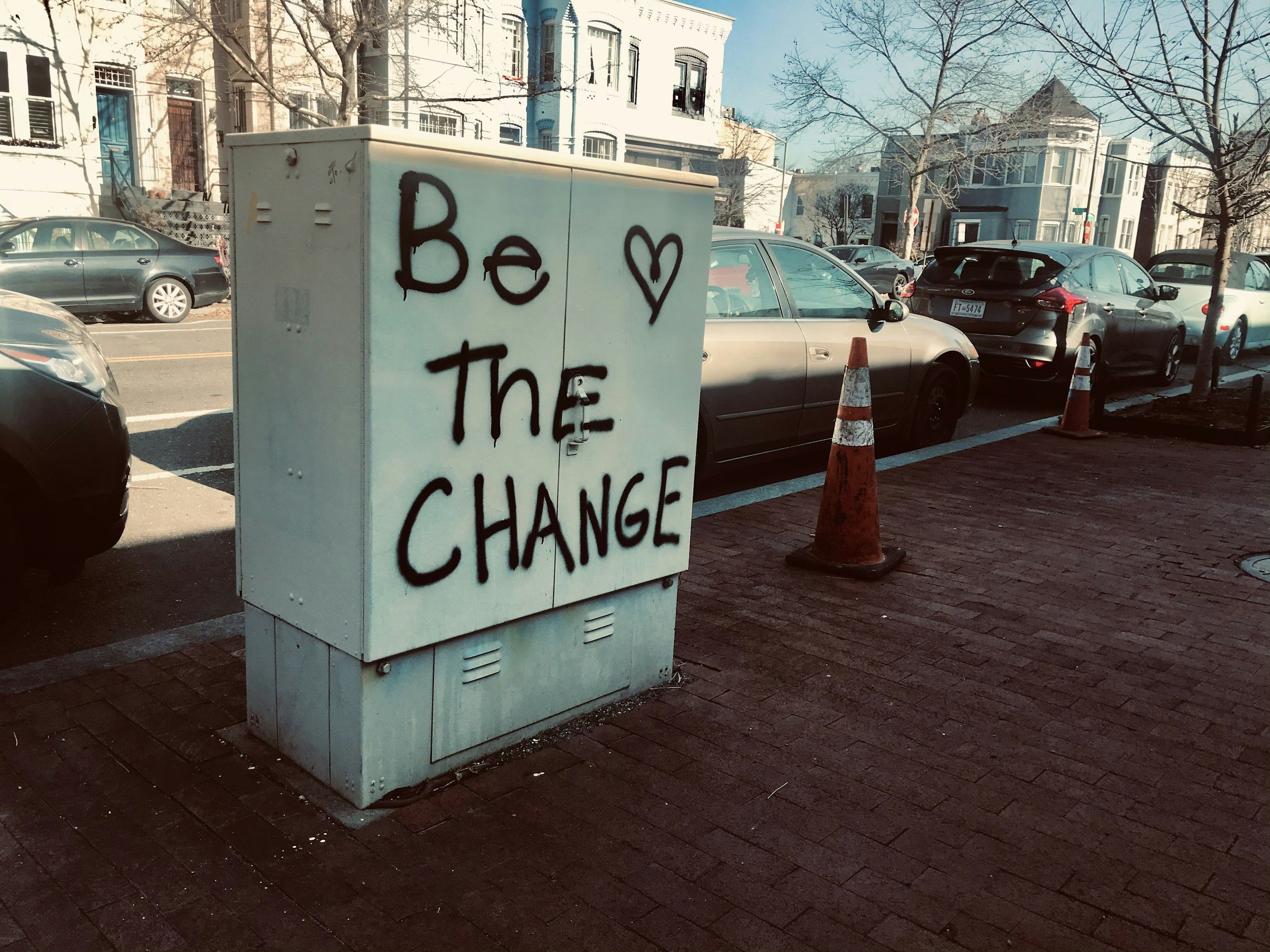A Groundbreaking Domestic Abuse Bill – But Does it Go Far Enough?
All legislation requires discussion before it is enshrined in law, but not only has the Domestic Abuse (DA) Bill been debated for the past year in the House of Commons, it has been severely delayed by Brexit negotiations and the ongoing Coronavirus situation.
The DA Bill beholds some groundbreaking proposals. These include harsher criminal sanctions for perpetrators of abuse and reforms to the family court system that would put an end to victims being cross-examined by their abuser. It also enshrines the first-ever statutory definition of domestic abuse that includes non-physical abuse, including coercive and financial control.
The Bill marks a potential sea-change for the way domestic abuse is handled by the criminal justice system. And it cannot come soon enough: currently, domestic abuse and rape convictions remain worryingly low yet two women are murdered by their partner every week in England and Wales – a figure which shot up to five per week during the peak of COVID-19 lockdown.
Although the Bill inching nearer to legislation is ostensibly good news, there are still some concerns that it does not go far enough to protect all victims of abuse. Chief among these concerns is the fact that the Bill overlooks a pervasive and incredibly dangerous problem: ‘honour’-based violence (HBV).
Whilst HBV is not linked to any particular faith, nationality or culture, the practice disproportionately harms migrant women and women from Black, Asian and ethnic minority backgrounds. Speculation suggests that 'honour’-based abuse is usually perpetrated in communities with overtly patriarchal cultures, where men dominate and women are expected to abide by a set of rules.
Families who engage in HBV against their daughters and other female family members are doing so under the pretence of preserving ‘honour’, yet there is no honour in abusing, harming, threatening and killing women.
Victims of HBV may be subjected to physical, financial and emotional abuse, as well as constant surveillance and control. In the most extreme forms, it can manifest into Female Genital Mutilation (FGM), forced marriage or ‘honour killings’ - where an estimated 12 to 15 take place in the UK every year.
However, unlike domestic abuse where spouses and partners are most common perpetrators, victims of HBV are more likely to experience abuse from members of their wider, extended family group – and even within their local community.
Yet it is here where the Bill falls short: it does not protect women from this type of orchestrated abuse as it can only recognise immediate family members to be capable, and therefore culpable, of abuse.
It is high time the UK recognises the many faces of abuse and extends this definition within the DA Bill. Others, such as disabled victims, fall through the cracks in this respect too as the definition fails to recognise neighbours, friends, unpaid carers and other close personal contacts to be capable of domestic abuse.
But to add insult to injury, the Crown Prosecution Service (CPS) cannot even identify HBV as a crime that falls in line with domestic abuse. As a result, the CPS can only prosecute perpetrators for the specific crimes committed, such as stalking or attempted murder.
Perpetrators of HBV may well receive lesser sentences whilst victims cannot benefit from the same safeguards put in place in the courts that have been established through the DA Bill.
By allowing such a distinct classification of crime to remain undefined, women may feel reluctant to come forward – paralysed with fear from ‘revenge attacks’ from within her family/social circle while hesitant to report to the authorities due to their inadequate offering of support. This is particularly pertinent for migrant women with ‘No Recourse to Public Funds’ (NRPF) as they are prohibited from accessing financial support such as Universal Credit, are more likely to be turned away from refuges and fear the police may report them to immigration enforcement.
Debates to include a safeguarding ‘wall’ within the DA Bill to prevent migrant women from being reported and/or deported by the authorities were dropped along with a swathe of other glaring omissions that the Step Up Migrant Women coalition have been battling for since the DA Bill was first introduced.
If the Bill is passed through in its current form, the only way a migrant woman with NRPF may be able to access financial support and a shelter if is she has a Spouse Visa and can prove she is victim of domestic abuse. There is little clarification on whether a victim in a similar position experiencing HBV would be able to apply for this narrow escape route.
The situation for HBV victims and migrant survivors is only exacerbated further by the UK’s failure to ratify the Istanbul Convention which it signed in 2012. Ratifying the Convention would legally oblige the UK Government to protect and prevent violence against all women and girls, irrespective of their immigration status. It would also mean perpetrators of HBV who have fled overseas could be extradited to the UK.
As it currently stands, there is no legal extraterritorial framework to extradite and prosecute men who have murdered women on British soil in the name of ‘honour’.
One of the many issues with the lack of action over HBV is that it affects some of the most physically, socially and politically disenfranchised individuals in the UK, and harms women and girls of all ages. With no legislation to protect victims of HBV and abuse, their fate is woefully uncertain.
The definition of abuse in the DA Bill is too restrictive to cover some of the most insidious forms of abuse, and migrant, Black, Asian and ethnic minority survivors are left to fall through the cracks of this so-called ‘once in a generation’ Bill.
Unless it is given serious consideration to amend elements, the DA Bill risks becoming a toothless version of the legislation that this country desperately needs.
Help us keep the City Girl Network running by supporting us via Patreon for the price of a cheap cup of coffee- just £2 a month. For £3 a month you can also get yourself a Patreon exclusive 10% off any of our ticketed events! You can also support us by following us on Instagram, and by joining our City Girl Network (city wide!) Facebook group.
Written by Jo Smith and Olivia Bridge
For the Immigration Advice Service.














